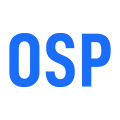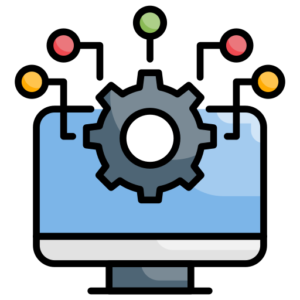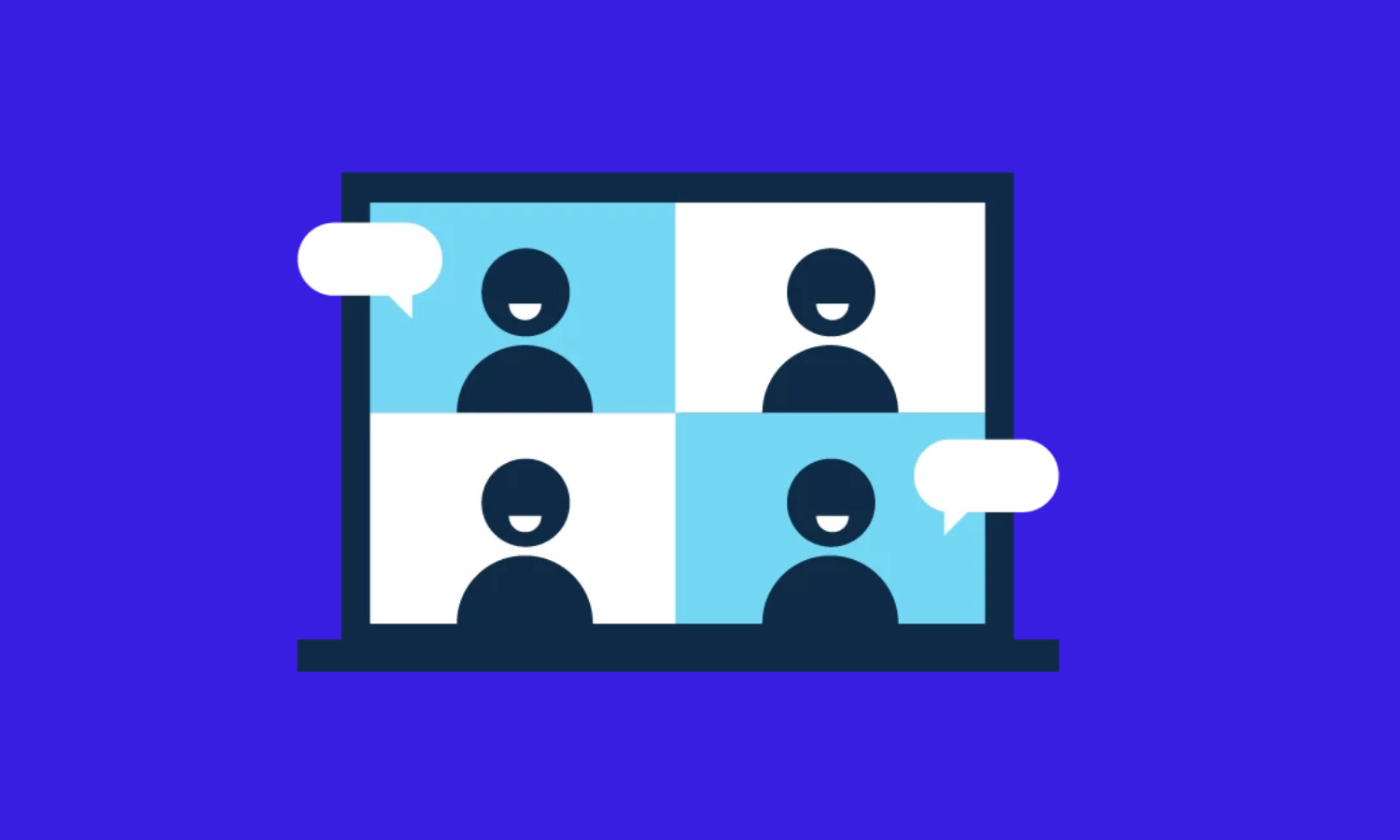Unlocking the Full Potential of Epic Integration in Healthcare
In today’s fast-paced healthcare environment, the ability to access and share patient information in real-time is crucial for delivering high-quality care. Epic, one of the most widely used electronic health records (EHR) systems, has become a cornerstone for many healthcare organizations. However, to fully leverage its capabilities, organizations must integrate Epic with other healthcare solutions. Epic integration is the process of connecting Epic’s EHR system with other software platforms to enable seamless data exchange and improved clinical workflows.
Why Epic Integration is Essential
Epic integration allows healthcare organizations to break down the silos that often exist between different departments and applications. By linking Epic with various healthcare systems, such as lab management software, radiology, billing platforms, and other EHRs, organizations can create a unified ecosystem that supports better decision-making and patient care.
Integration is not just about connecting systems but ensuring that healthcare providers have accurate, real-time data at their fingertips. This is essential for enhancing clinical workflows, improving the patient experience, and reducing administrative burdens.
Epic Integration Software and Solutions
Epic integration software serves as the bridge between Epic’s EHR and other healthcare technologies. It ensures that data flows smoothly between systems, reducing the need for manual data entry and minimizing errors. Some of the most common integration solutions include:
Interoperability with Third-Party Applications: Epic integration solutions allow the system to communicate with third-party applications, ensuring that information such as lab results, radiology images, and billing data is shared seamlessly.
HL7 and FHIR Protocols: Healthcare data standards such as HL7 (Health Level Seven) and FHIR (Fast Healthcare Interoperability Resources) are used in Epic integration to ensure consistent and secure data exchange across different systems.
API Integrations: Application Programming Interfaces (APIs) play a key role in connecting Epic with other healthcare systems. APIs enable systems to interact with one another by sharing data in a structured and secure way.
Benefits of Epic Integration Solutions
Enhanced Patient Care: Epic integration ensures that all healthcare providers involved in a patient’s care have access to up-to-date and accurate information. This leads to better treatment coordination and improved patient outcomes.
Streamlined Workflows: By reducing the need for manual data entry and improving communication between systems, Epic integration software streamlines clinical and administrative workflows, freeing up more time for patient care.
Improved Data Accuracy: Integration reduces the risk of human error by automating data transfer between systems. This ensures that healthcare providers have access to accurate information, which is critical for making informed decisions.
Interoperability and Compliance: Epic integration solutions help healthcare organizations achieve interoperability between disparate systems while ensuring compliance with regulations such as HIPAA.
Challenges in Implementing Epic Integration
While the benefits of Epic integration are clear, the process itself can be complex and time-consuming. Some of the common challenges include:
Cost and Resources: Epic integration can be a costly endeavor, especially for smaller healthcare organizations. It often requires a significant investment in both time and resources, including staff training and system upgrades.
Legacy Systems: Many healthcare providers rely on legacy systems that may not be compatible with Epic or may require extensive customization to achieve integration. This can lead to delays and added costs.
Data Security: Ensuring the security of patient data during the integration process is paramount. Healthcare organizations must implement robust security measures to protect against breaches and ensure compliance with data protection regulations.
Customization Needs: Every healthcare organization has unique requirements, which can make one-size-fits-all integration solutions impractical. Customization is often needed, but this can increase both the cost and complexity of the integration process.
Conclusion
Epic integration is a powerful tool for healthcare organizations looking to improve efficiency, enhance patient care, and ensure seamless data sharing across departments. While challenges exist, the benefits of real-time access to comprehensive patient data and streamlined workflows make it a worthwhile investment. As healthcare continues to evolve, Epic integration software will play an increasingly critical role in helping providers deliver better care and achieve greater operational efficiency.
Source:
https://www.osplabs.com/epic-integration/
In today’s fast-paced healthcare environment, the ability to access and share patient information in real-time is crucial for delivering high-quality care. Epic, one of the most widely used electronic health records (EHR) systems, has become a cornerstone for many healthcare organizations. However, to fully leverage its capabilities, organizations must integrate Epic with other healthcare solutions. Epic integration is the process of connecting Epic’s EHR system with other software platforms to enable seamless data exchange and improved clinical workflows.
Why Epic Integration is Essential
Epic integration allows healthcare organizations to break down the silos that often exist between different departments and applications. By linking Epic with various healthcare systems, such as lab management software, radiology, billing platforms, and other EHRs, organizations can create a unified ecosystem that supports better decision-making and patient care.
Integration is not just about connecting systems but ensuring that healthcare providers have accurate, real-time data at their fingertips. This is essential for enhancing clinical workflows, improving the patient experience, and reducing administrative burdens.
Epic Integration Software and Solutions
Epic integration software serves as the bridge between Epic’s EHR and other healthcare technologies. It ensures that data flows smoothly between systems, reducing the need for manual data entry and minimizing errors. Some of the most common integration solutions include:
Interoperability with Third-Party Applications: Epic integration solutions allow the system to communicate with third-party applications, ensuring that information such as lab results, radiology images, and billing data is shared seamlessly.
HL7 and FHIR Protocols: Healthcare data standards such as HL7 (Health Level Seven) and FHIR (Fast Healthcare Interoperability Resources) are used in Epic integration to ensure consistent and secure data exchange across different systems.
API Integrations: Application Programming Interfaces (APIs) play a key role in connecting Epic with other healthcare systems. APIs enable systems to interact with one another by sharing data in a structured and secure way.
Benefits of Epic Integration Solutions
Enhanced Patient Care: Epic integration ensures that all healthcare providers involved in a patient’s care have access to up-to-date and accurate information. This leads to better treatment coordination and improved patient outcomes.
Streamlined Workflows: By reducing the need for manual data entry and improving communication between systems, Epic integration software streamlines clinical and administrative workflows, freeing up more time for patient care.
Improved Data Accuracy: Integration reduces the risk of human error by automating data transfer between systems. This ensures that healthcare providers have access to accurate information, which is critical for making informed decisions.
Interoperability and Compliance: Epic integration solutions help healthcare organizations achieve interoperability between disparate systems while ensuring compliance with regulations such as HIPAA.
Challenges in Implementing Epic Integration
While the benefits of Epic integration are clear, the process itself can be complex and time-consuming. Some of the common challenges include:
Cost and Resources: Epic integration can be a costly endeavor, especially for smaller healthcare organizations. It often requires a significant investment in both time and resources, including staff training and system upgrades.
Legacy Systems: Many healthcare providers rely on legacy systems that may not be compatible with Epic or may require extensive customization to achieve integration. This can lead to delays and added costs.
Data Security: Ensuring the security of patient data during the integration process is paramount. Healthcare organizations must implement robust security measures to protect against breaches and ensure compliance with data protection regulations.
Customization Needs: Every healthcare organization has unique requirements, which can make one-size-fits-all integration solutions impractical. Customization is often needed, but this can increase both the cost and complexity of the integration process.
Conclusion
Epic integration is a powerful tool for healthcare organizations looking to improve efficiency, enhance patient care, and ensure seamless data sharing across departments. While challenges exist, the benefits of real-time access to comprehensive patient data and streamlined workflows make it a worthwhile investment. As healthcare continues to evolve, Epic integration software will play an increasingly critical role in helping providers deliver better care and achieve greater operational efficiency.
Source:
https://www.osplabs.com/epic-integration/
Unlocking the Full Potential of Epic Integration in Healthcare
In today’s fast-paced healthcare environment, the ability to access and share patient information in real-time is crucial for delivering high-quality care. Epic, one of the most widely used electronic health records (EHR) systems, has become a cornerstone for many healthcare organizations. However, to fully leverage its capabilities, organizations must integrate Epic with other healthcare solutions. Epic integration is the process of connecting Epic’s EHR system with other software platforms to enable seamless data exchange and improved clinical workflows.
Why Epic Integration is Essential
Epic integration allows healthcare organizations to break down the silos that often exist between different departments and applications. By linking Epic with various healthcare systems, such as lab management software, radiology, billing platforms, and other EHRs, organizations can create a unified ecosystem that supports better decision-making and patient care.
Integration is not just about connecting systems but ensuring that healthcare providers have accurate, real-time data at their fingertips. This is essential for enhancing clinical workflows, improving the patient experience, and reducing administrative burdens.
Epic Integration Software and Solutions
Epic integration software serves as the bridge between Epic’s EHR and other healthcare technologies. It ensures that data flows smoothly between systems, reducing the need for manual data entry and minimizing errors. Some of the most common integration solutions include:
Interoperability with Third-Party Applications: Epic integration solutions allow the system to communicate with third-party applications, ensuring that information such as lab results, radiology images, and billing data is shared seamlessly.
HL7 and FHIR Protocols: Healthcare data standards such as HL7 (Health Level Seven) and FHIR (Fast Healthcare Interoperability Resources) are used in Epic integration to ensure consistent and secure data exchange across different systems.
API Integrations: Application Programming Interfaces (APIs) play a key role in connecting Epic with other healthcare systems. APIs enable systems to interact with one another by sharing data in a structured and secure way.
Benefits of Epic Integration Solutions
Enhanced Patient Care: Epic integration ensures that all healthcare providers involved in a patient’s care have access to up-to-date and accurate information. This leads to better treatment coordination and improved patient outcomes.
Streamlined Workflows: By reducing the need for manual data entry and improving communication between systems, Epic integration software streamlines clinical and administrative workflows, freeing up more time for patient care.
Improved Data Accuracy: Integration reduces the risk of human error by automating data transfer between systems. This ensures that healthcare providers have access to accurate information, which is critical for making informed decisions.
Interoperability and Compliance: Epic integration solutions help healthcare organizations achieve interoperability between disparate systems while ensuring compliance with regulations such as HIPAA.
Challenges in Implementing Epic Integration
While the benefits of Epic integration are clear, the process itself can be complex and time-consuming. Some of the common challenges include:
Cost and Resources: Epic integration can be a costly endeavor, especially for smaller healthcare organizations. It often requires a significant investment in both time and resources, including staff training and system upgrades.
Legacy Systems: Many healthcare providers rely on legacy systems that may not be compatible with Epic or may require extensive customization to achieve integration. This can lead to delays and added costs.
Data Security: Ensuring the security of patient data during the integration process is paramount. Healthcare organizations must implement robust security measures to protect against breaches and ensure compliance with data protection regulations.
Customization Needs: Every healthcare organization has unique requirements, which can make one-size-fits-all integration solutions impractical. Customization is often needed, but this can increase both the cost and complexity of the integration process.
Conclusion
Epic integration is a powerful tool for healthcare organizations looking to improve efficiency, enhance patient care, and ensure seamless data sharing across departments. While challenges exist, the benefits of real-time access to comprehensive patient data and streamlined workflows make it a worthwhile investment. As healthcare continues to evolve, Epic integration software will play an increasingly critical role in helping providers deliver better care and achieve greater operational efficiency.
Source:
https://www.osplabs.com/epic-integration/
0 Commenti
0 condivisioni
682 Views
0 Anteprima






